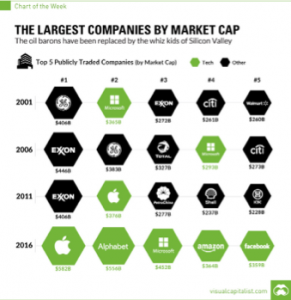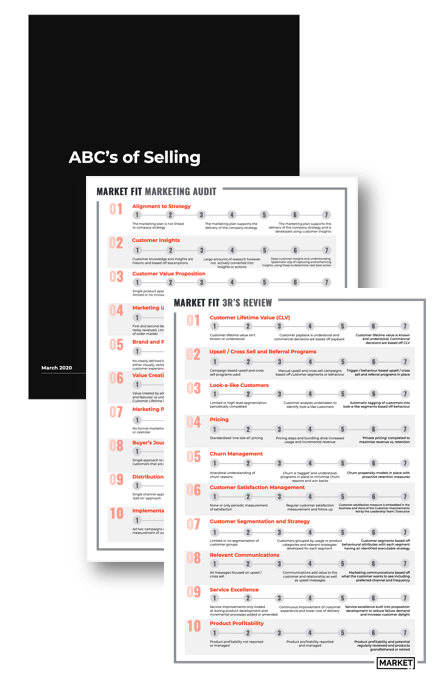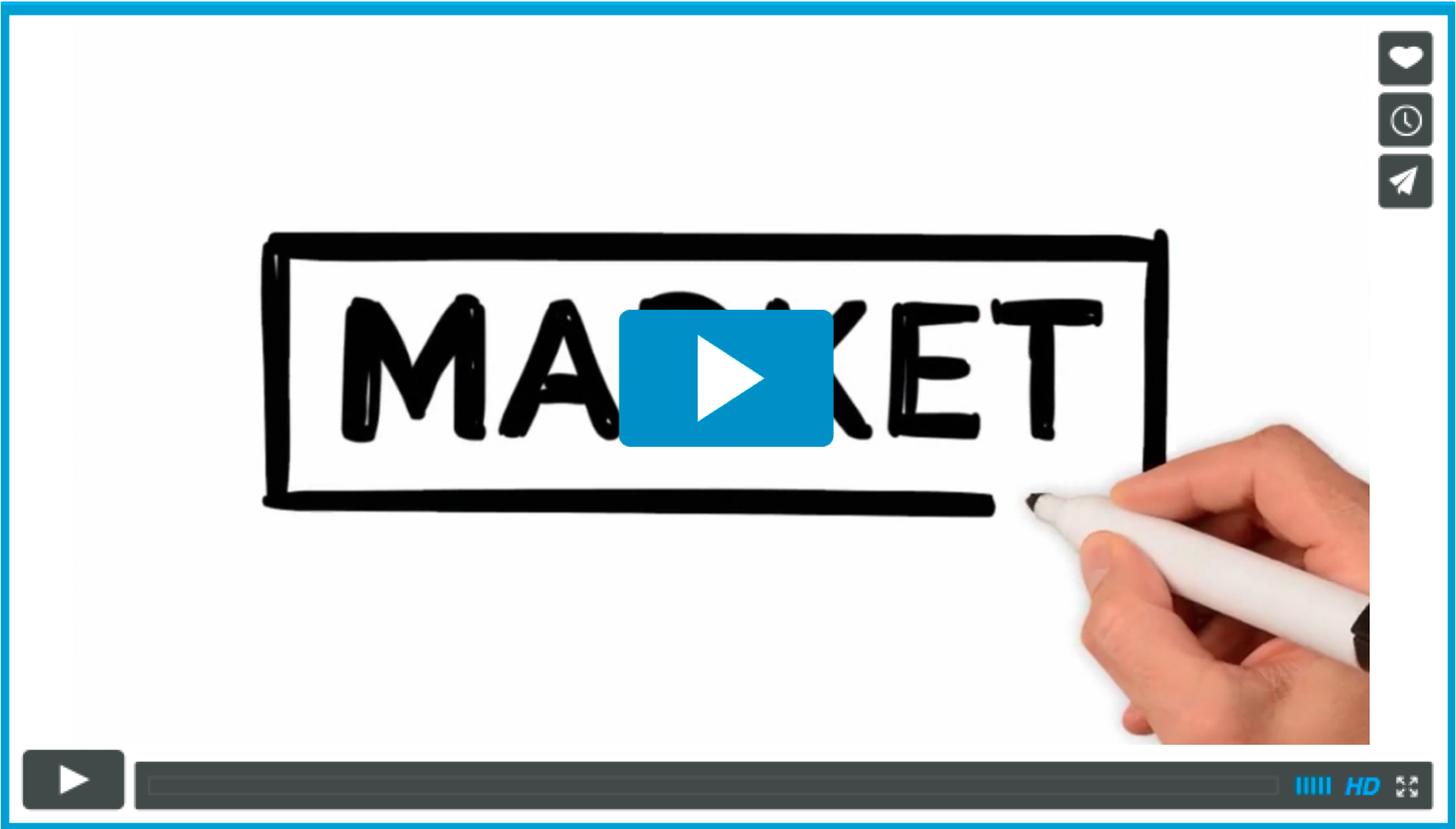It Was The Best Of Times, It Was The Worst Of Times
Just over a hundred and fifty years ago Charles Dickens wrote one of the most famous opening lines in literature. How famous? Famous enough to return almost 21m results on Google. The book has since sold over 200m copies, and been read by hundreds of millions.
Sadly, I’m yet to catch up with Dickens – but that opening line still resonates. Sifting through those 21m search results, you’ll find TechCrunch using it to compare Netflix and Twitter. This bloke nicked it to describe mobile marketing in 2014. Even Forbes have ripped it, this time to look at big data. And I like it because it’s as good a description of today’s corporate challenge as I’ve read.
You might not know it from the relentlessly grim output of the 24 hour news cycle, but globally these are indeed the best of times. Here are just three of the stats that prove it:
– The number of people living in poverty is plummeting
– Violent crime is on the decline almost everywhere
– And we’ve never been better educated
At the same time, the picture looks different for many incumbent corporations. As the world moves toward abundance (driven by information technology, and more specifically, exponential technology), incumbents (especially those unable or unwilling to change) are in the worst of times. Digital disruptors are eating them alive… transport (Uber), retail (Blockbuster), hotels (AirBnB) and media (newspapers everywhere) understand this.
The impact is massive. BCG think 32% of all companies in the US are at risk of failing over a five year period. That’s up from 5% fifty years ago. By focussing on experience, disruptors both bypass and render obsolete physical assets (which create handbrakes to nimble change). It’s a strategy created by and perfect for the exponential economy. Meanwhile pioneer thinkers like the Singularity University (in NZ just this week to help spread the word) are taking the concept of exponential to the world. And in the midst of all this, as shown in the graphic below, in the last five years software has become the driver behind the five biggest companies in the world. The tectonic shift is only just getting started.
I spend a lot of time working in, and thinking about, the exponential economy. The exponential economy is the sweet spot where multiple disruptive technologies turn traditional linear change on its head, massively disrupting incumbents. It’s a new thing – unlike previous game changers (the wheel, the Industrial Revolution, or early computers) exponential technologies are landing in multiples, totally removing barriers and leaving only imagination to limit change. Not just value chains but whole industries, are being re-imagined from the customer back. The focus on experience and the use of digital technologies to smash existing business models is putting the disruptor and the consumer front and centre… at the expense of the incumbents.
The 6Ds are the new norm, powering almost every organisation riding the disruption wave. Smart companies are embracing the opportunities presented by super fast ubiquitous connectivity, AI, big data, digital manufacturing, and the internet of everything, to create growth bigger and faster than legacy competitors.
Here’s exponential in action. Historically the typical Fortune 500 company took 20 years to reach their first billion in market cap. Google did it in 8. But then… Facebook (launched in 2004) did it in 5, WhatsApp (launched in 2009) did it in 2, and Snapchat (launched 2011) did it in 1. This is the exponential economy in action.
And this isn’t a business only phenomenon. The ripple effects of exponential are impacting countries, cities, societies, and of course, commerce. Take Auckland. Thinking of cities as platforms for citizens, in order to compete with other cities and win the war for talent, Auckland needs to embrace change, be adaptive, utilise their advantages, embrace open systems (such as open data to generate game changing shifts), and leverage technology and innovation. Some of this is happening, I’d argue there is still a lot we could do to drive our exponential growth and consolidate our “unfair” advantages (what we already have that other cities don’t… harbours, lifestyle, diversity etc).
So if you’re a business facing this simple choice of disrupt or be disrupted what can you do?
The good news is, quite a bit.
Over the next couple of weeks I’ll roll you through some examples of businesses doing good things, from both theoretical and practical standpoints. But before that – here’s what you don’t do.
You don’t stand still. You don’t assume your traditional growth models will either buy you the time or space to think or infinitely shore up your business… yesterday’s strategy no longer works, and there’s a very good chance today’s is already being disrupted by tomorrow’s. There’s a reason it’s called exponential growth – because it’s exponential on yours.
The world is littered with companies that stayed still and are now nostalgic memories – the inevitable decline of Blockbuster, or the Kodak moment (slipping into altogether different kind of moment) are two obvious examples.
Over the next couple of weeks we’ll look in more detail at what drives success and failure of particular organisations in the exponential economy. But here are a few questions you should be asking around your readiness for exponential change.
1, What parts of my business and business model are at risk of disruption and why?
2, What parts of my business could embrace exponential technology?
3, What are the operational barriers to implementing this?
4, What are my capability limitations (across both resource and culture)?
5, Do I have a clear strategic vision for my business that embraces exponential?
Rod Snodgrass






